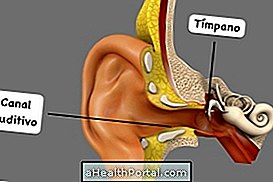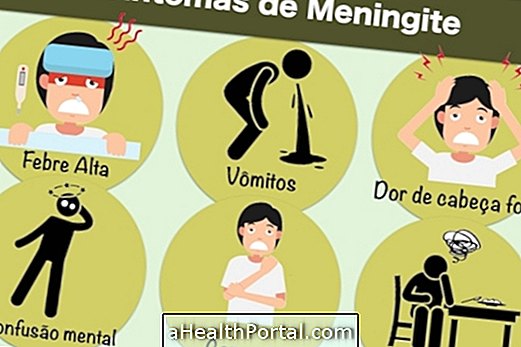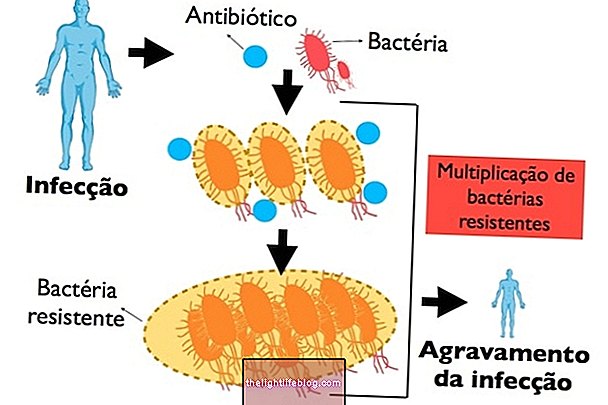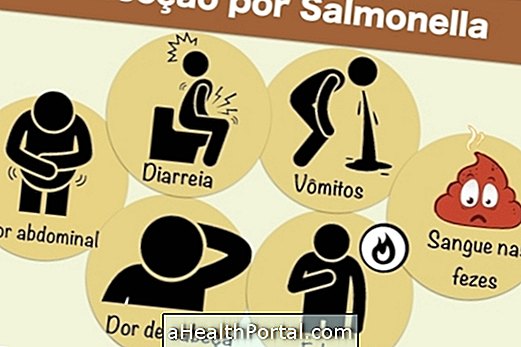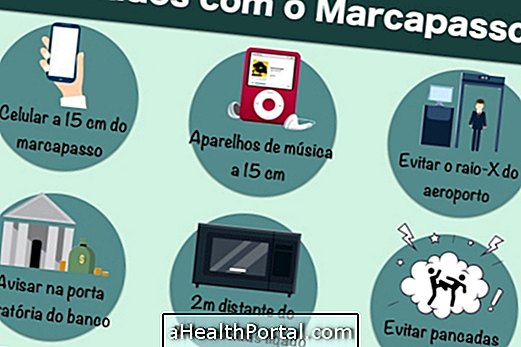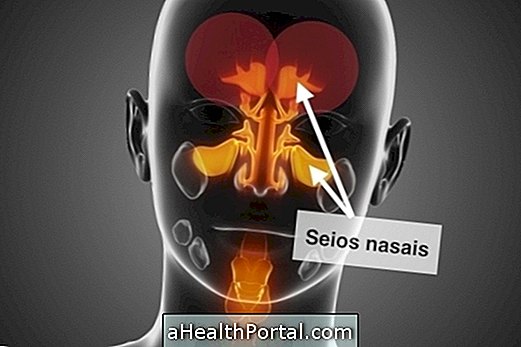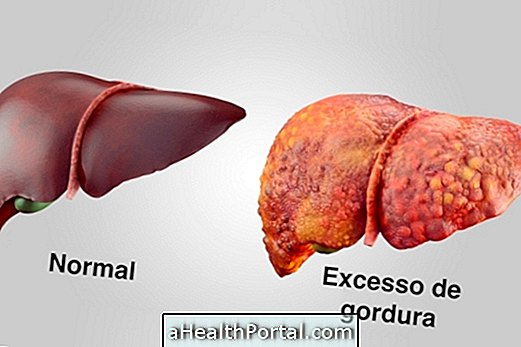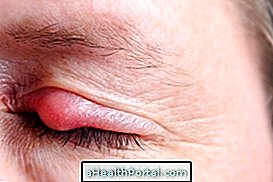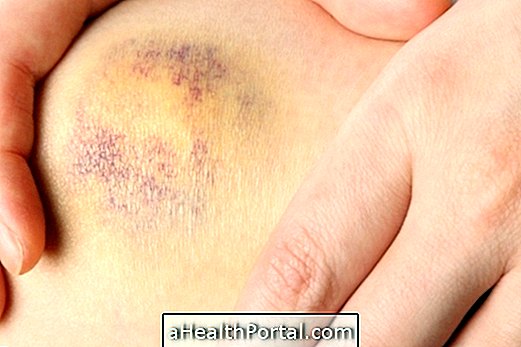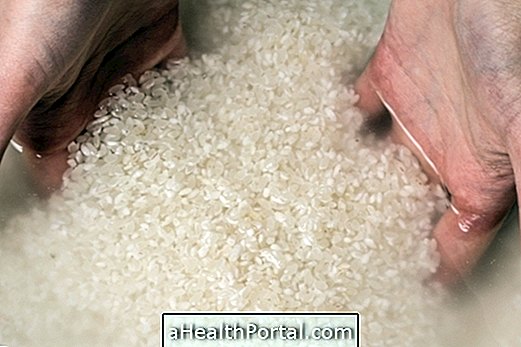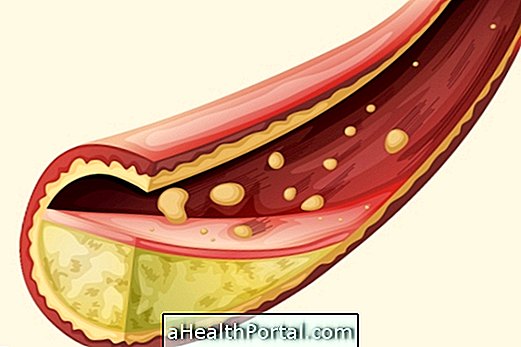In most cases, hepatitis B does not cause any symptoms, especially in the first few days after infection with the virus. And when these symptoms appear, they are often confused by a simple flu, eventually delaying the diagnosis of the disease and its treatment. Some of these early symptoms of hepatitis B include headache, malaise and lack of appetite.
However, with the evolution of the disease other more specific symptoms of a hepatitis may appear. So if you think you may have this infection select what you are feeling to evaluate the symptoms:
- 1. Pain in the upper right region of the belly Yes No
- 2. Yellowing of eyes or skin
- 3. Yellowish, grayish or whitish faeces Yes No
- 4. Dark urine Yes No
- 5. Constant low fever Yes No
- 6. Joint pain Yes No
- 7. Loss of appetite Yes No
- 8. Frequent dizziness or lightheadedness Yes No
- 9. Easy tiredness and no apparent reason Yes No
- 10. Swollen belly Yes No

When it is suspected to be infected, it is important to go to the general practitioner, or a hepatologist, to do specific blood tests and identify the type of hepatitis, since the symptoms are usually similar to many other liver problems. In some cases, in a first examination, the result of the examination of hepatitis B can be a false negative and, therefore, one should repeat the examination after one or two months.
How to get hepatitis B
The transmission of hepatitis B occurs through contact with blood or body secretions contaminated with the HVB virus. Thus, some of the most common forms of contamination are:
- Intimate contact without a condom;
- Do the manicure with contaminated pliers;
- Sharing of syringes;
- Piercings or tattoos with contaminated material;
- Have had a blood transfusion before 1992;
- From mother to child through normal childbirth;
- Injury to the skin or accident with contaminated needles.
Saliva can also transmit this virus through biting but not through kissing or other types of saliva exposure. However, body fluids like tears, sweat, urine, feces and breast milk are not able to transmit the disease.
How to protect yourself
The best way to avoid getting infected with hepatitis B is to get vaccinated, however, it is also important not to have unprotected intimate relationships, as well as to wear gloves whenever you need to come in contact with blood or other person's secretions.
In addition, one should also confirm hygienic conditions and sterilization of manicure sites or piercing and tattooing, as there is the manipulation of objects that can easily cut the skin and contaminate the blood.
How is the treatment done?
The treatment for acute hepatitis B consists of resting, light food, good hydration and not drinking any alcoholic beverage and thus, the cure occurs spontaneously in most cases. See what to eat to recover faster:

In the case of chronic hepatitis B, which occurs when the virus remains in the liver for more than 180 days, it is advisable to take medications for approximately 1 year to avoid further complications in the liver. Learn more about treatment in these cases and which medicines are used.
When an adult is infected with the virus and has a good general health, the disease usually occurs mildly and the body itself is able to eliminate the virus. But children who have been contaminated with the virus during childbirth or breastfeeding have a greater risk of developing the chronic form of the disease and suffering from its complications such as cirrhosis, ascites or liver cancer, for example.

